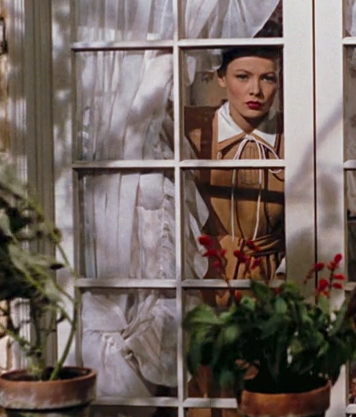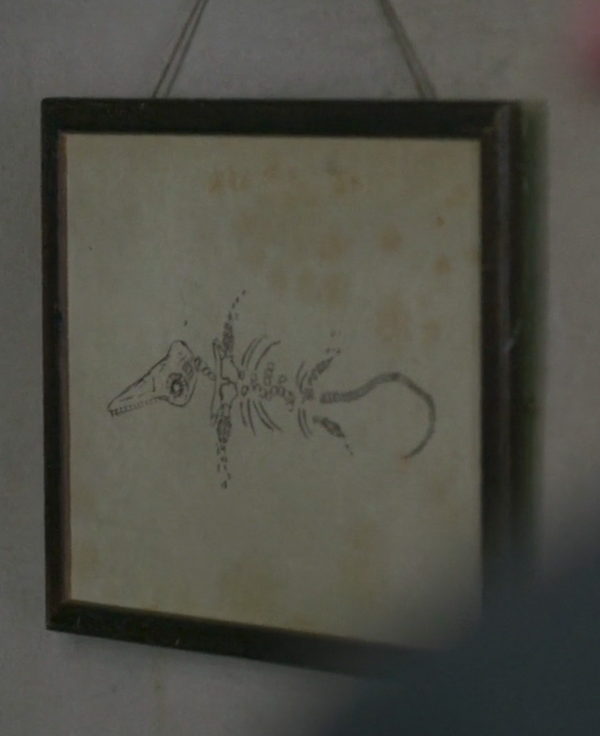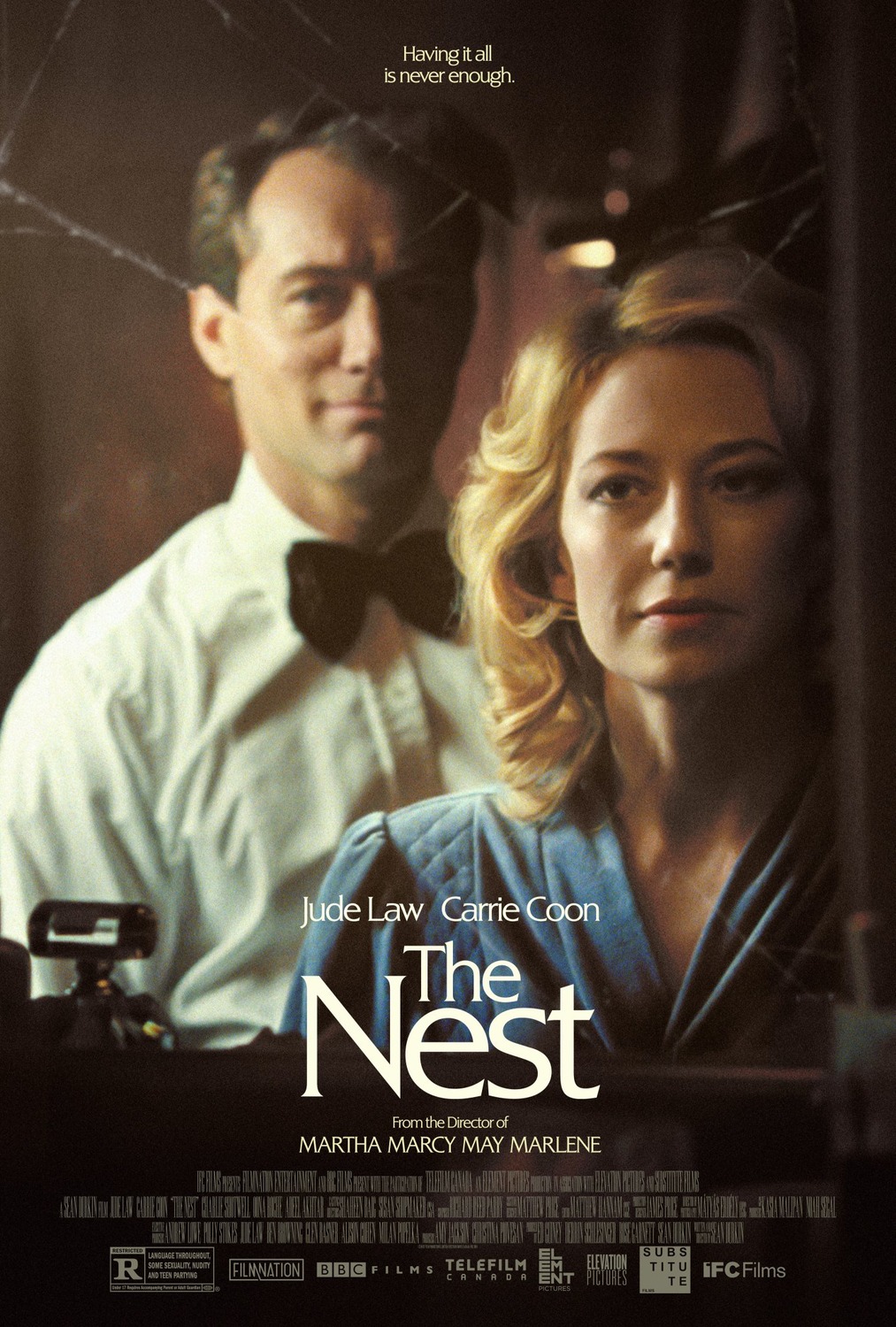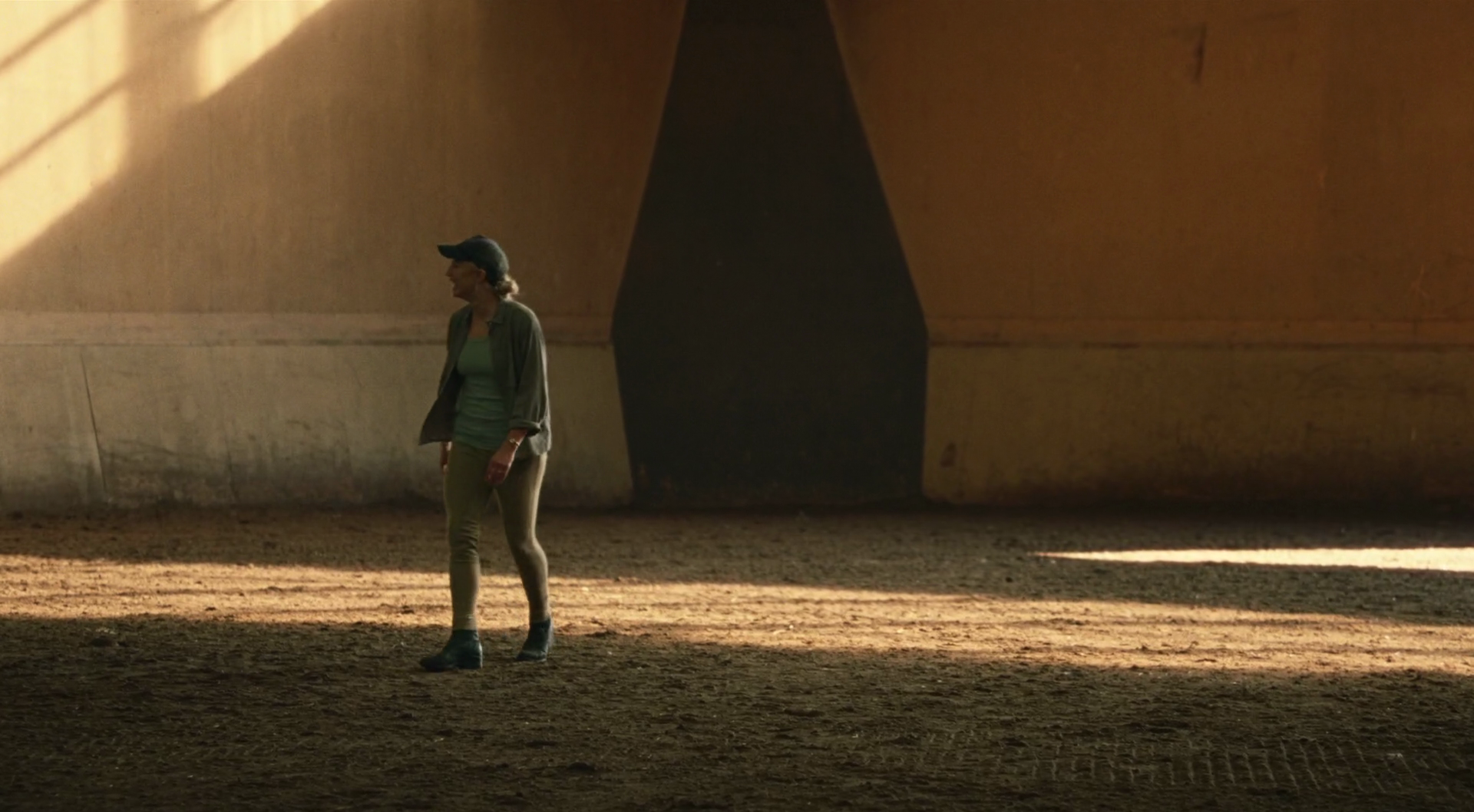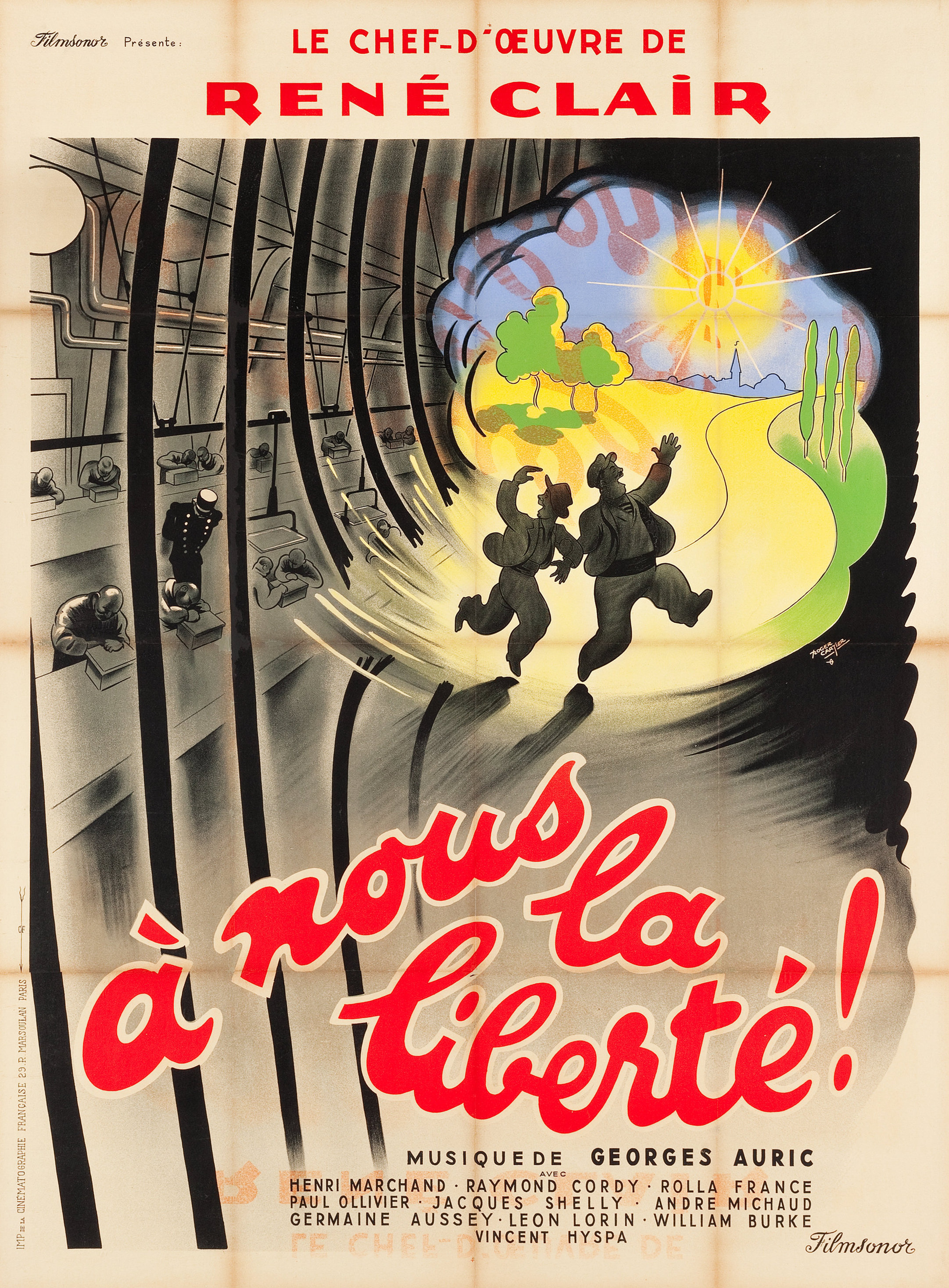Oscar Chart Updates: Production Design and Film Editing
 Saturday, December 26, 2020 at 10:45AM
Saturday, December 26, 2020 at 10:45AM We've been discussing each Oscar chart this past week or so so let's finish up the visuals with Production Design and Film Editing.
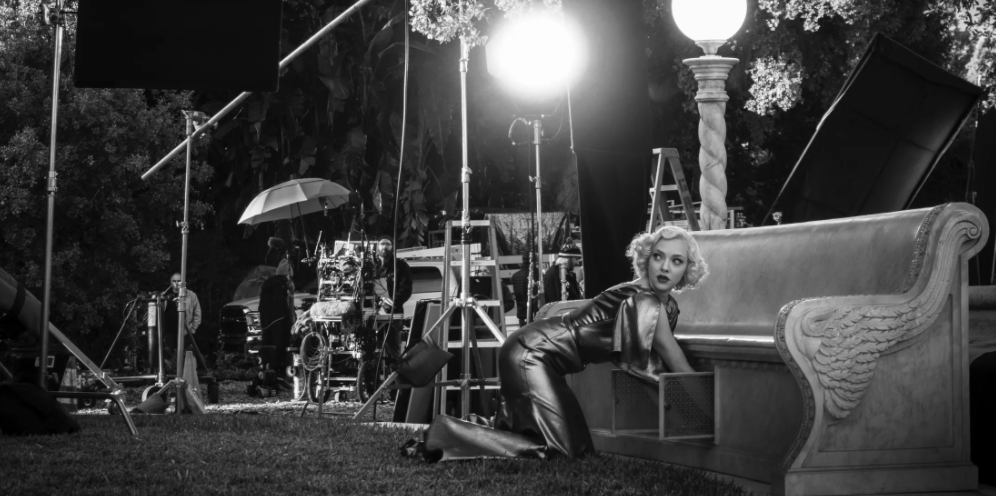
PRODUCTION DESIGN
Beyond Mank, which features Oscar nominees Donald Graham Burt and Jan Pascale recreating Classic Hollywood this field remains something of an 'anything is possible' mystery. Best Picture heat often helps in the 'below-the-line' categories. But, even acknowledging that fact, many of the hottest Best Picture contenders like Ma Rainey's Black Bottom, One Night in Miami, Minari, and Nomadland, have by their very intimate story natures, not a lot of visible art direction happening. It's not that they aren't beautifully designed but you know how at the Oscars it's pretty standard that "MOST = BEST"...



